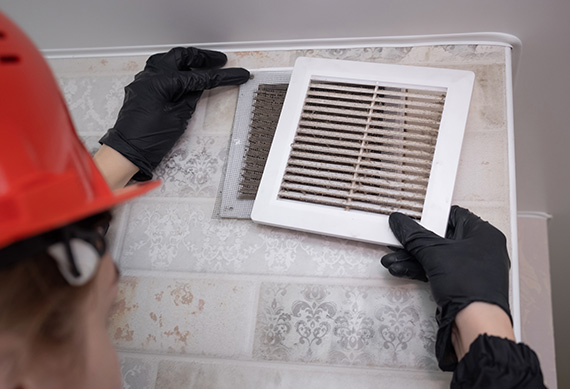
Indoor air quality (IAQ) refers to the condition of the air within buildings and structures as it relates to the health and comfort of occupants. With a significant portion of our lives spent indoors, the quality of the air we breathe within enclosed spaces has a direct impact on our overall well-being. Poor indoor air quality can lead to various health issues, including allergies, respiratory problems, and even more severe conditions over time.
Several factors contribute to indoor air quality. One of the primary factors is the presence of pollutants and contaminants. These can arise from various sources such as building materials, cleaning products, paints, furniture, and appliances. Volatile organic compounds (VOCs), particulate matter, and biological pollutants like mold, bacteria, and pollen can accumulate indoors, affecting air quality.
Proper ventilation is a crucial aspect of maintaining good IAQ. Adequate ventilation ensures the exchange of indoor and outdoor air, diluting pollutants and bringing in fresh air. However, in modern energy-efficient buildings, airtight construction can lead to reduced natural ventilation, making mechanical ventilation systems essential to maintain optimal air quality.
Regular maintenance of HVAC systems, air filters, and the cleaning of ducts can prevent the buildup of contaminants. Additionally, promoting good indoor habits like proper cleaning, reducing clutter, and avoiding smoking indoors can contribute to improved IAQ.
